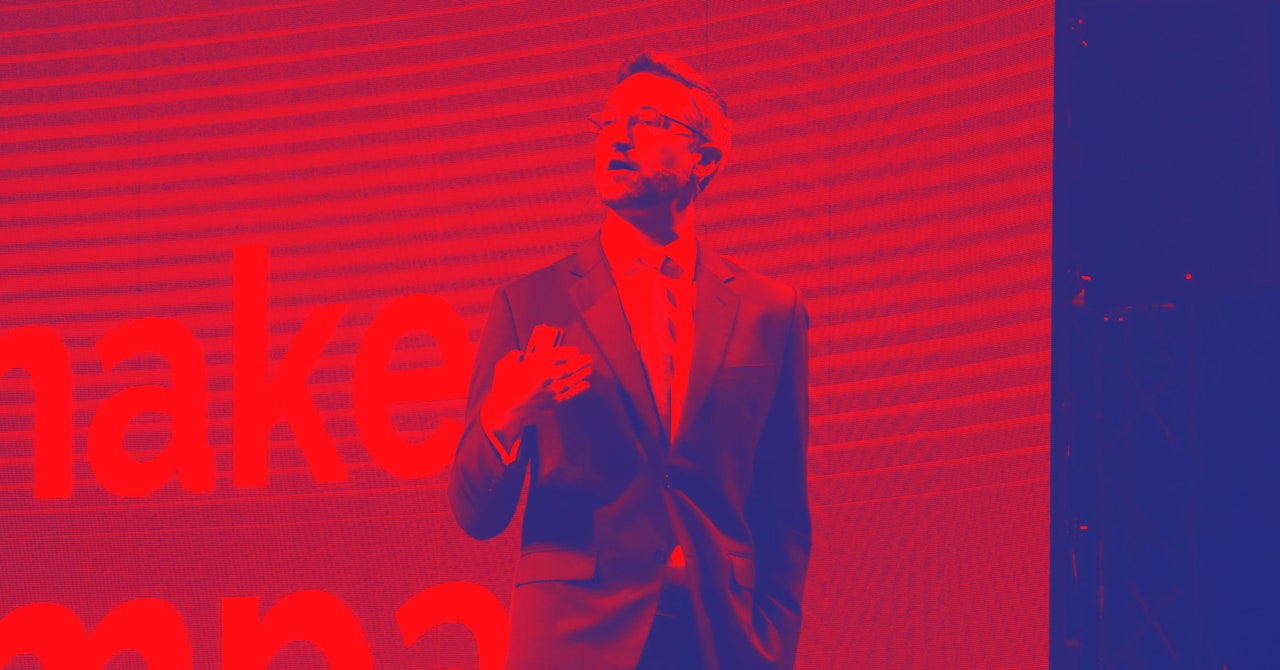Archive audio clip (Back to the future): I’m from the future.
Lauren Goode: Okay, I’m going to ask the question everyone is asking: what is a futurist? Is this a real job?
Gideon Lichfield: Well, I mean, I think some people think it’s just a guy making predictions about the future, and there are probably people out there who do just that. But Noah calls himself an applied futurist, meaning he studies trends—technological, economic, demographic, political, you name it. And then he works within institutions like government to help them take those trends into account in their decision making and their policies. For example, how should they think about the impact of AI?
Noah Raford (audio clip): I had a conversation with a Ghanaian friend recently, and the potential for AI and all the tools that represent in that kind of bigger space has for essentially dysfunctional failed states and second-order semi-functional states, which is what most of the world is in some argument, is absolutely huge.
Lauren Goode: Okay, so he sounds pretty positive about AI, but we don’t really know how that’s going to play out yet. I wonder if you’ve talked about things he’s accurately predicted in the past or things he’s done right.
Gideon Lichfield: I mean he did a pretty good job on Covid.
Noah Raford (audio clip): Called so early. I stopped working two months before it became widely accepted. When I had to go to work I wore masks and everyone yelled at me like you drive people crazy. Why are you doing this?
Gideon Lichfield: And of course we talked about climate change.
Noah Raford (audio clip): We’re still operating under the belief that we can stop climate change, and that’s just not true.
Lauren Goode: Hey. That’s pretty shocking to hear. What should we do with that kind of information?
Gideon Lichfield: Well, I think there was an undertone to the conversation with Noah, which is that being a futurist isn’t just about predicting the future or even collaborating with governments or other institutions to take advantage of it, but it’s about being emotionally ready to be ahead. Noah is a kind of future therapist.
Archive audio clip (2001: A space odyssey): I can see you are very angry about this. You need to sit down, take a stress pill and think.
Lauren Goode: Well, therapy usually leaves me feeling a little drained and like I might need three days to process what was discussed. So I look forward to hearing your conversation with Noah and maybe you and I can cry together afterwards.
Gideon Lichfield: Yeah, I mean we can cry, but I think you’re going to feel somewhat upbeat because even though he says some really alarming things, I think Noah takes the premise of the show and flips it on its head. For him, the question is not “Is this the future we want?” It’s more, how do we prepare for the future to come, both technically and emotionally. That conversation with Noah Raford is after the break.

